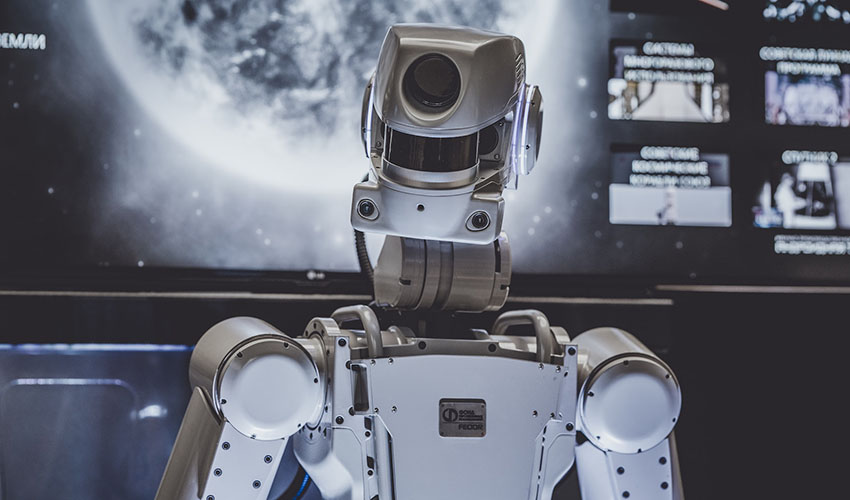A few days ago, I had a sudden idea of using ChatGPT to write an English novel. I outlined the story background and asked it to suggest a name for the protagonist. It recommended a few names, and I chose one. Then it started helping me write the beginning of the story. Throughout the process, all I had to do was continuously ask it to “continue” or “what happens next,” and it kept outputting the story.
For me, writing an English novel was something that seemed impossible. But now, I believe that as long as I am willing to invest the time, it is possible. Similarly, people around me who never drew before are now sharing their AI-generated artworks on social media. I am still amazed by these works.
A few days ago, I read an article from a research institution that discussed how many jobs AI will replace. However, the article did not mention another question: how many jobs will AI create? At least for me, this answer is exciting. In the coming decades, I can choose to become a writer and write in English, Japanese, or some rare language.
A few years ago, American author Alvin Toffler wrote a book called “Future Shock.” He believed that the development speed of modern society exceeds human adaptability, causing people to feel anxious and confused. However, in medicine, “shock” actually has a better Chinese translation: “休克” (shock). Therefore, the translation of “Future Shock” into “未来休克” (future shock) is more appropriate. It better reflects our true state when facing shocks.
Yesterday, a group of “concerned” foreigners drafted a proposal that the development of AI, especially powerful AI systems like GPT, is too fast, causing people to experience “future shock” and feel suffocated. My view is that a significant portion of their concerns and issues are valid. But they also proposed a terrifying solution: to pause AI training for at least six months.
This proposal is laughable. I don’t know how they arrived at the six-month deadline. Was it calculated by humans or AI? Why not five months and eighteen days? Is it because it takes six months to persuade the government? Or because “our” company’s AI is lagging behind the most advanced AI by six months?
We usually can’t help but doubt others’ motives. Although we know this is a psychological bias, conspiracy theories always sell. Whether it’s a “conspiracy theory” or a “conspiracy theory of a conspiracy theory.” But this precisely demonstrates our urgent need for AI, a tool that can help us make rational decisions.
Should we worry about the problems AI may create? Of course, we should! Technology is always a double-edged sword, bringing good and bad problems. But technology itself is not guilty. We should not sentence technology to “death.” We need to worry about the problems AI may create, but we should also focus on solving these problems. Instead of digging a hole and burying the problem, we should uncover and address it.
Therefore, only by allowing AI to develop can we discover what problems exist. Discovering and solving problems is the history of human progress. As adults, we should not have multiple-choice questions. We need both the benefits and solutions to the problems that AI brings.
AI is not a multiple-choice question; it is a must-answer question!

